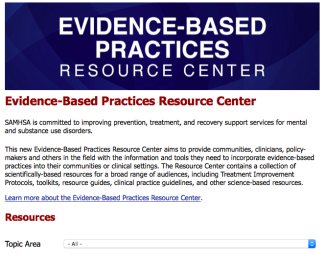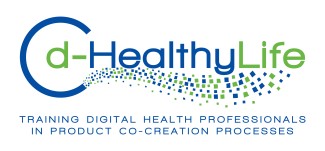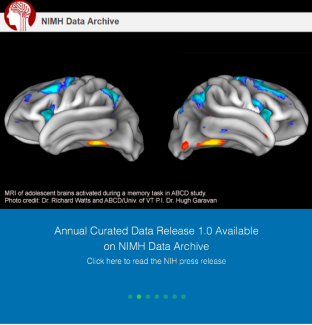Applying interventions designed to reduce and manage the symptoms of substance use disorders.
Treatment
Medication for the Treatment of Alcohol Use Disorder
The National Institute on Alcohol Abuse and Alcoholism (NIAAA), the Health and Human Services US Government Department (HSS) and the Substance Abuse and Mental Health Services Administration (SAMHSA) have collaborated to create a manual on...

Webinar: The Surgeon General Report - A Public Health Approach
Tuesday, April 17, 2018 07:00 PM - 08:30 PM
New Resource Centre from SAMHSA
SAMHSA has launched the new Evidence Based Resource Center which will allow practitioners to find tools, manuals, clinical practice guidelines and science based-resources. Available directly through the SAMHSA website, the digital resource...

D-Healthylife Interdisciplinary Co-Creation Workshop in Barcelona
As part of the d-HealthyLife initiative EIT Health Campus is offering a full day co-creation workshop.

Incubation of Cue-Induced Craving in Adults Addicted to Cocaine Measured by Electroencephalography
Key Points Question: Does cue-induced craving follow a parabolic trajectory as a function of duration of abstinence in humans with cocaine use disorders, as previously shown in preclinical studies? Findings: The results of this laboratory...
Vulnerability for Alcohol Use Disorder and Rate of Alcohol Consumption
"Binge drinking" may be more prevelent in individuals with an increased vulnerability to alcohol use disorder (AUD) and could act as an early warning indicator.
Young Adults’ Reasons for Dropout from Residential Substance Use Disorder Treatment
Abstract Dropout from substance use disorder treatment is usually investigated and understood from a perspective of quantitative patient-related factors. Patients’ own perspectives (user perspective) are rarely reported. This study...
Effectiveness Bank Matrix Cell: Getting the Balance Right in Medication-Based Treatment
Seminal and key studies on the role of management in medical interventions for drug dependence. Commentary considers how medication-based treatment can be (re)oriented to long-term recovery, the importance of the right dose, and whether we...
Implementing a Mobile Health System to Integrate the Treatment of Addiction into Primary Care
A recent study carried out by a team of researchers from the University of Wisconsin School of Medicine and Public Health examined the use of mobile health technology in the United States’ health care system. Published in the Journal of...
New Dataset Made Available from Study of Adolescent Brain Development
In February of 2018 the US National Institute of Health (NIH) released the first dataset from an "unprecedented study of adolescent brain development", the Adolescent Brain Cognitive Development (ABCD) study. The study has, to date...
